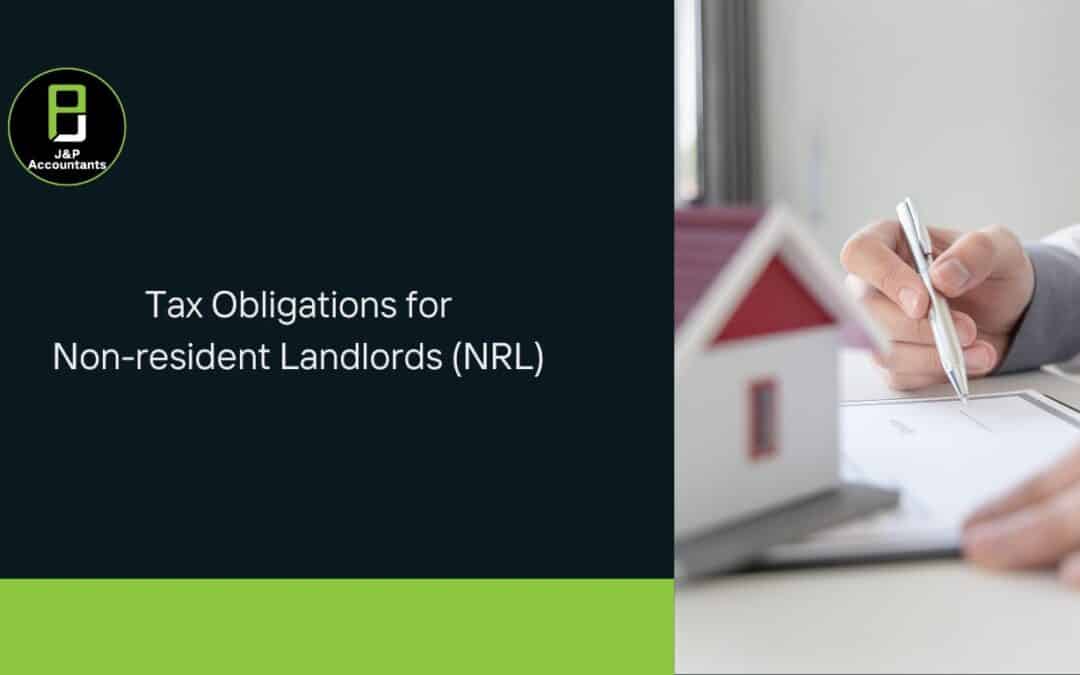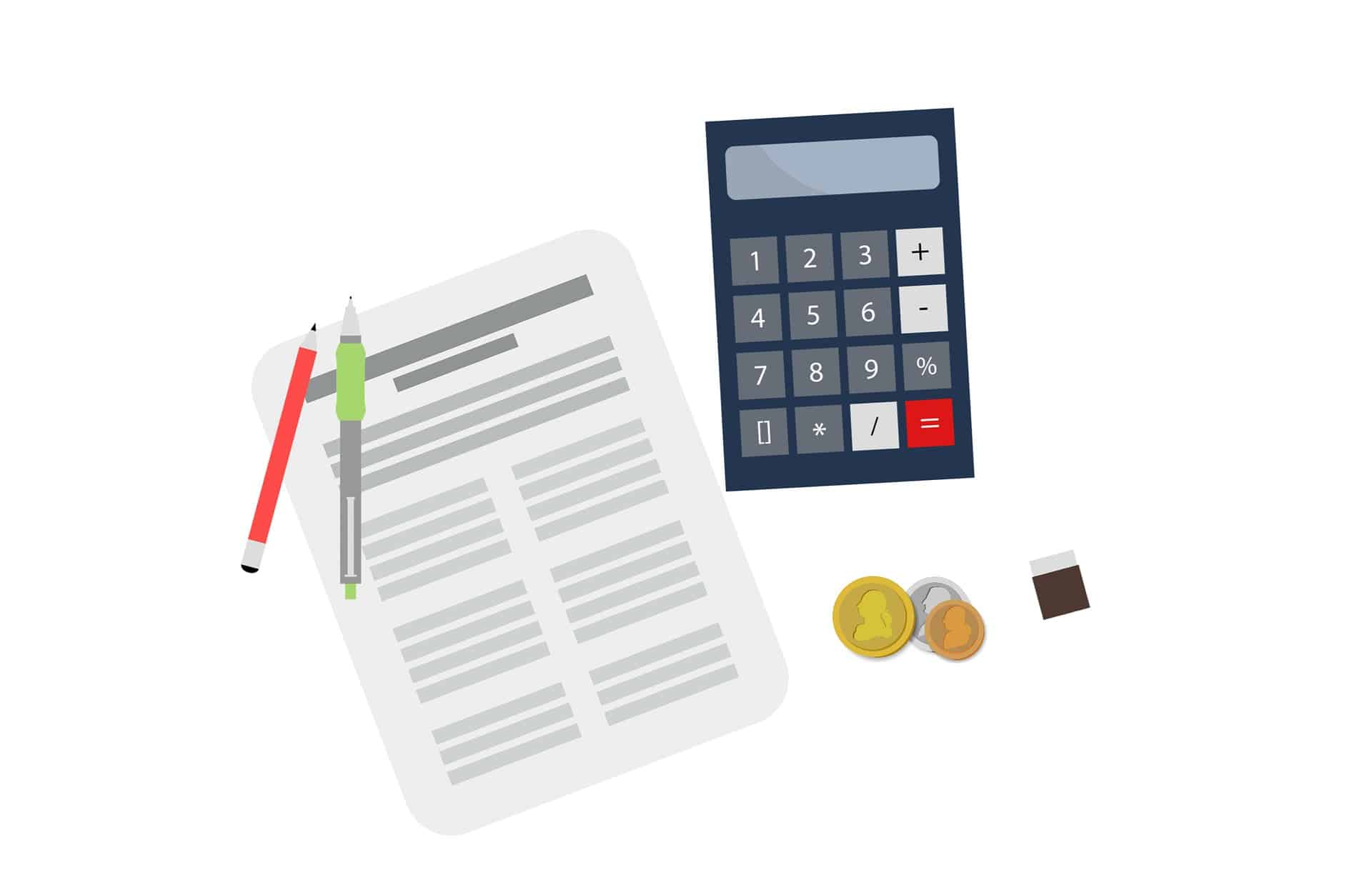Owning rental properties in the UK is a prime choice for many overseas investors.
However, one crucial fact often overlooked is that as an overseas landlord, rental income in the UK is subject to taxation.
If you reside outside the UK for an extended period and rent out properties in the country, you’re considered a non-resident landlord (NRL).
Even if you don’t live in the UK, compliance with tax obligations and payment of income tax are necessary.
Are you a non-resident landlord?
Determining NRL status involves meeting several conditions:
- Spending less than 183 days in the UK each year
- Residing outside the UK
- Having your primary residence outside the UK
Once you reside overseas for over half a year, regardless of nationality or birthplace, renting out properties in the UK automatically categorises you as an NRL.
How to report income?
All NRLs must report rental income in the UK to HMRC and pay taxes.
You’ll need to fill out and submit NRL forms, providing details such as your name, address, contact information, duration of non-UK residence, and a list of UK rental properties, along with estimated rental income, among others.
HMRC will review your information and issue a unique taxpayer reference (UTR) accordingly.
Tax Rate Calculation
As per UK tax laws, NRLs must declare and pay income tax on rental profits. Rental profits allow deductions for property maintenance expenses and rental-related costs. Tax payments are based on the following rates for rental profits:
- 20%: Rental profits between £1 and £37,700
- 40%: Rental profits between £37,701 and £125,000
- 45%: Rental profits exceeding £125,000
If renting out properties through a company, a corporate tax rate of 19% applies.
Tax Penalties
As an overseas landlord (NRL), you should report to HMRC and fulfill subsequent tax obligations from the moment you rent out properties.
After receiving a UTR from HMRC, regular reporting and tax payments become necessary.
Failure to report or pay taxes on time, or making errors, may result in fines of up to £3,000.
Continued non-compliance could lead to penalties of 70% of profit income and potential legal action.





